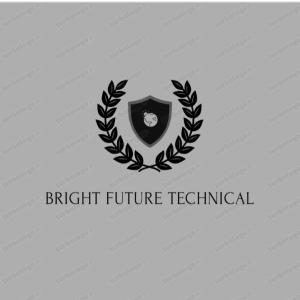- Teacher: Trainer Trainer
- Teacher: Admin User
bright future technical college
-
Welcome to your new Gnomio site
Now, you are in control!
Moodle is an open-source Learning Management System (LMS) that provides educators with the tools and features to create and manage online courses. It allows educators to organize course materials, create quizzes and assignments, host discussion forums, and track student progress. Moodle is highly flexible and can be customized to meet the specific needs of different institutions and learning environments.
Moodle supports both synchronous and asynchronous learning environments, enabling educators to host live webinars, video conferences, and chat sessions, as well as providing a variety of tools that support self-paced learning, including videos, interactive quizzes, and discussion forums. The platform also integrates with other tools and systems, such as Google Apps and plagiarism detection software, to provide a seamless learning experience.
Moodle is widely used in educational institutions, including universities, K-12 schools, and corporate training programs. It is well-suited to online and blended learning environments and distance education programs. Additionally, Moodle's accessibility features make it a popular choice for learners with disabilities, ensuring that courses are inclusive and accessible to all learners.
The Moodle community is an active group of users, developers, and educators who contribute to the platform's development and improvement. The community provides support, resources, and documentation for users, as well as a forum for sharing ideas and best practices. Moodle releases regular updates and improvements, ensuring that the platform remains up-to-date with the latest technologies and best practices.
Links of interest:
(You can edit or remove this text)
Available courses
Building technology refers to the methods and systems employed in constructing, designing, and maintaining structures. It includes materials like concrete, steel, wood, and innovative options such as composites and eco-friendly alternatives to improve sustainability. Various construction techniques, from traditional masonry and carpentry to modern prefabrication and modular approaches, define the field's versatility. Technological advancements play a major role, integrating automation, sensors, and energy-efficient solutions to create smart and functional buildings. Safety standards and regulations ensure structural integrity and adherence to guidelines, maintaining reliability and reducing risks. Building technology constantly evolves to meet the demands of urbanization, climate change, and resource optimization. It blends creativity and engineering to shape a more efficient and sustainable future in construction.
- Teacher: Trainer Trainer
- Teacher: Admin User
